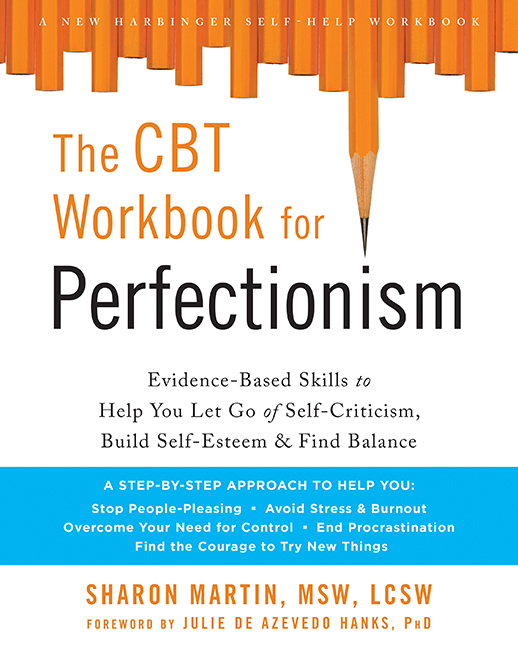Self-criticism, or being overly hard on yourself, is usually based on cognitive distortions—rigid, all-or-nothing, perfectionist thinking. And it isn’t helpful or healthy.
We can assist our clients when they make self-critical statements in session by pointing out cognitive distortions, inviting them to explore whether their self-criticism is accurate, and helping them say something more accurate and compassionate to themselves.
Here’s an example of what this might sound like with a fictional client who, after many months, left her emotionally abusive boyfriend.
Client: I promised myself I wouldn’t, but I texted him. I’m so stupid. And I immediately regretted it. I’m weak and I caved in.
Therapist: It sounds like you’re pretty upset with yourself. I heard a lot of self-blame and self-criticism in what you said, and I wonder how accurate those thoughts are. Would you be willing to explore that a bit with me?
Client: I guess.
Therapist: Despite the setback of texting him, can you see some progress this week in detaching from Derek? Can you think of some ways that you used your strengths?
Client: Well, I only texted him once, even though I thought about it every day. And I didn’t get pulled back in. I immediately blocked his number.
Therapist: Does it seem fair or accurate to call yourself stupid and weak, given what you’ve just told me?
Client: Not really.
Therapist: Exactly. So, what could you say to yourself that would be more accurate and more compassionate?
Client: I had a moment of weakness and I made a mistake. I was actually quite strong.
Therapist: Yes, and making mistakes is part of the process. We can learn more from them when we aren’t stuck in self-blame and self-criticism.
Book Titles: The CBT Workbook for Perfectionism
 Sharon Martin, MSW, LCSW, is a psychotherapist, writer, speaker, and media contributor on emotional health and relationships. Her psychotherapy practice in San Jose, CA, specializes in helping individuals overcome codependency and perfectionism, and learn to accept and love themselves.
Sharon Martin, MSW, LCSW, is a psychotherapist, writer, speaker, and media contributor on emotional health and relationships. Her psychotherapy practice in San Jose, CA, specializes in helping individuals overcome codependency and perfectionism, and learn to accept and love themselves.

 2024 Peace Playbook: 3 Tactics to Avoid Clashes with Your Partner
2024 Peace Playbook: 3 Tactics to Avoid Clashes with Your Partner